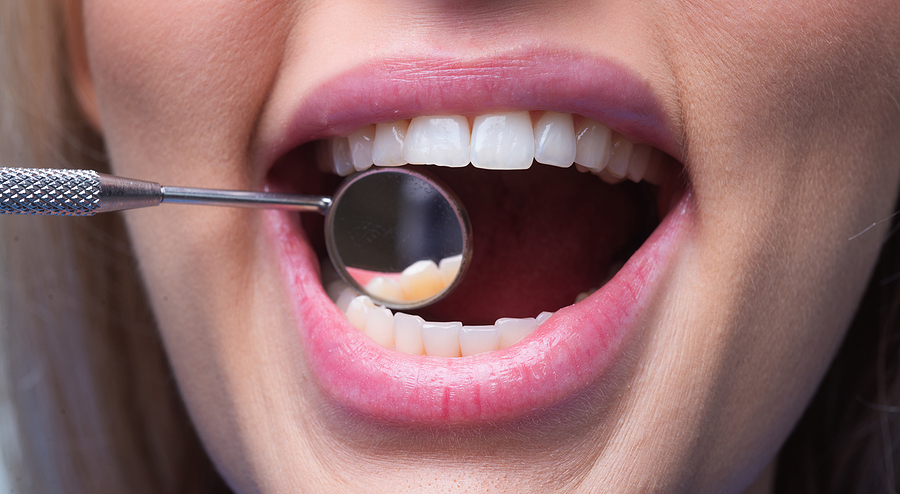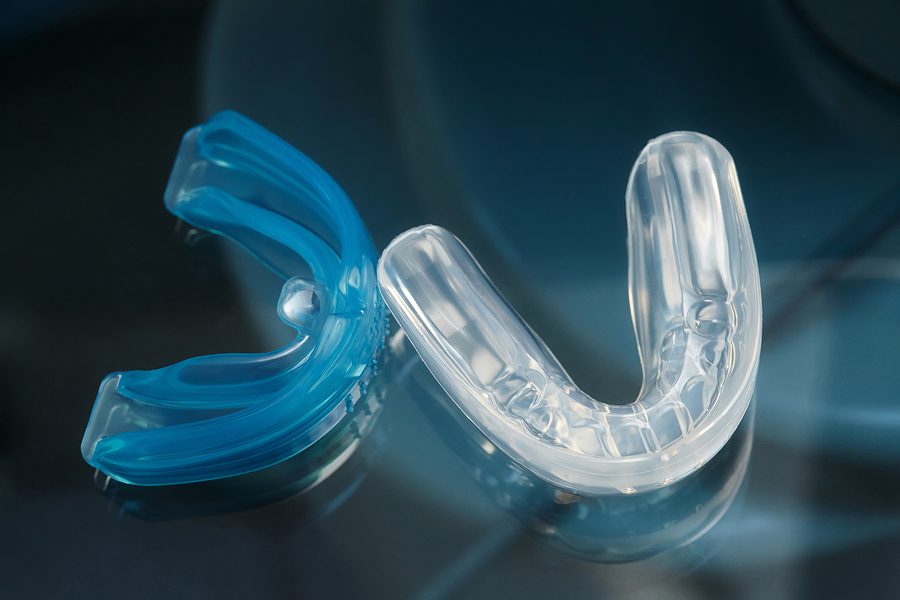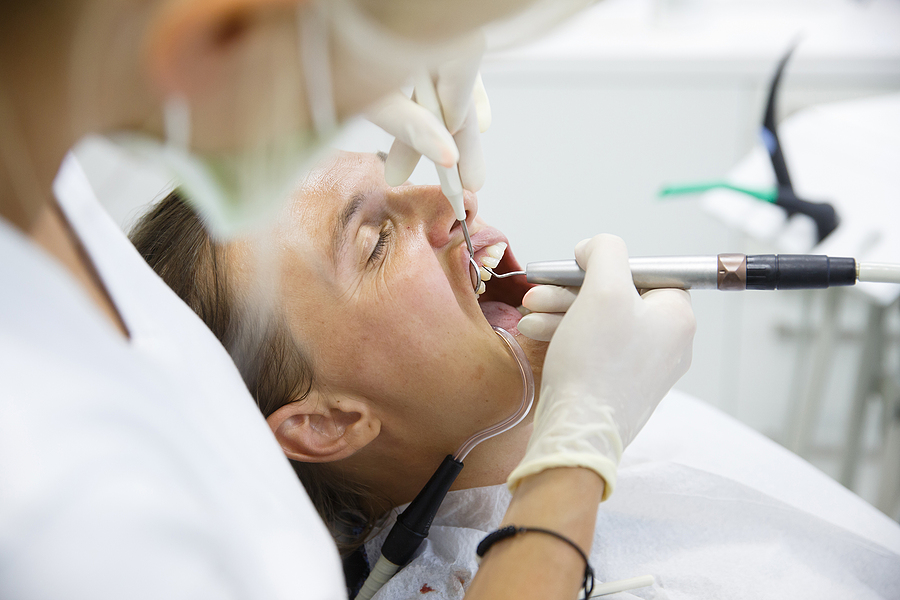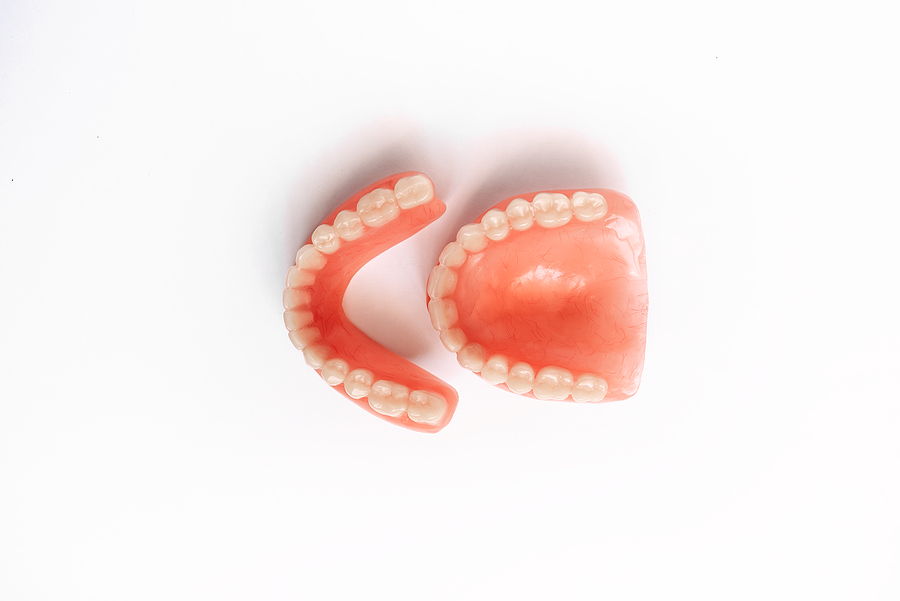Dentures or false teeth are prosthetic devices that are manufactured to replace several of your missing teeth. They are supported by the surrounding soft and hard tissues of the oral cavity. Dentures can either be full or partial; full dentures replace all teeth on either the top or bottom gum line, whereas partial dentures are used when just a few of your teeth are missing. Dentures are custom-designed to fit the patient's mouth, visually matching the existing teeth.
Why wear dentures?
Dentures benefit patients with missing teeth in more than one way. They improve the appearance of your smile by replacing the multiple missing teeth. Besides, they keep the structure of the mouth good by supporting the structures around the lips and cheeks. Dentures restore the functionality of the mouth, making chewing easier; you can eat any food as you previously did, ensuring that you are properly nourished. If you have severely damaged teeth that are causing serious pain and oral health issues, dentures are a viable solution to replace them.
How to take care of your dentures?
- Cleaning your dentures
Regardless of the kind of dentures you have, it is important to clean them daily, just like regular teeth, to avoid the buildup of bacteria, plaque, and tartar on the teeth, harming the existing teeth and gums.
While cleaning your dentures, take them out of your mouth and run clean water over them to displace any food particles stuck between teeth, along the gum line, or underneath the structure. After cleaning with water, use a soft-bristle denture brush to clean them inside and outside using a denture cleaner. Use of other cleaners, regular toothpaste, or electric toothbrushes is not recommended as they are harsh and can cause damage and wear away the denture materials. Rinse the dentures well after cleaning them. While you take out the dentures for cleaning, clean your gums and any natural teeth with a very soft, wet toothbrush and fluoridated toothpaste if needed.
- Preserving your dentures
Do not forget to remove your dentures before sleeping to avoid damaging them or dislodging them. After taking out, immerse your dentures fully in warm water to keep them from drying out and becoming misshapen. If recommended by your dentist, use a denture-soaking solution. This will help inhibit staining and plaque buildup. Remember to rinse the dentures thoroughly before putting them into the mouth if you soak them in the solution.
Denture care tips
- If your dentures are loose, get them checked immediately to avoid friction and pressure on the gum tissues and bones.
- Make sure not to drop your dentures while cleaning them, as it can cause the dentures to crack or break. Place the dentures above a towel or soft surface while cleaning to avoid dropping.
- Rinse your mouth with water to remove debris from around the fixture after having food. If the denture is removable, take it out and carefully rinse it under warm water.
- Visit your dentist periodically to evaluate the fit and the condition of the denture.
Share On

The Impact of Dental Implants on Jawbone Health & Facial Structure
Are you looking for a solution to missing teeth that goes beyond mere aesthetics? Dental implants might be …

Why Cosmetic Dentistry Isn’t Just About Looks: Functional Benefits Explained
Cosmetic dentistry in Albany, OR, is often seen as a luxury reserved for those wanting to enhance their …

Oral Appliances: A Versatile Solution for Dental and Sleep Health
Oral appliances are versatile tools that address various dental and medical conditions, from teeth grinding to sleep apnea. …

The Importance of Periodontal Therapy in Maintaining Healthy Gums
When it comes to our oral health, we often focus on brushing and flossing, but there’s another crucial …

Warning Signs of Gum Disease: When to See a Periodontist
Gum disease is more common than you might think, yet many people don’t realize they have it until …
